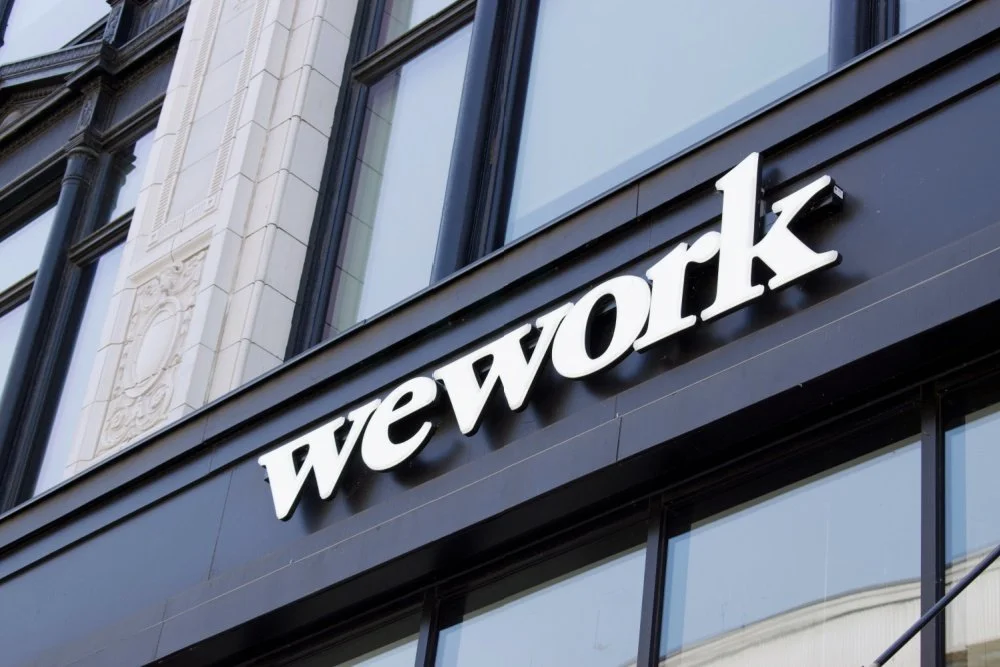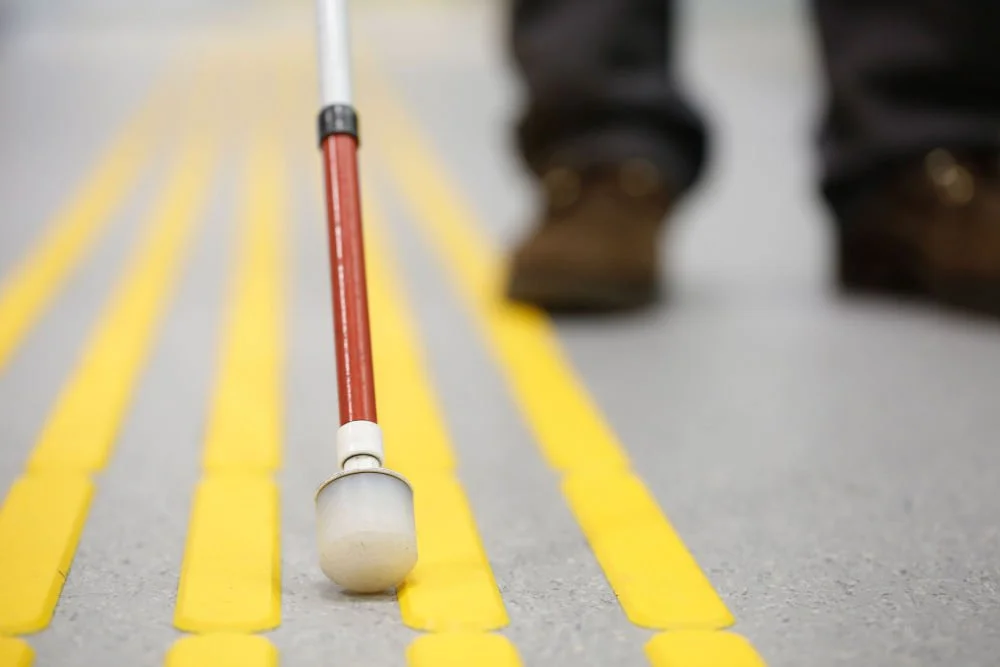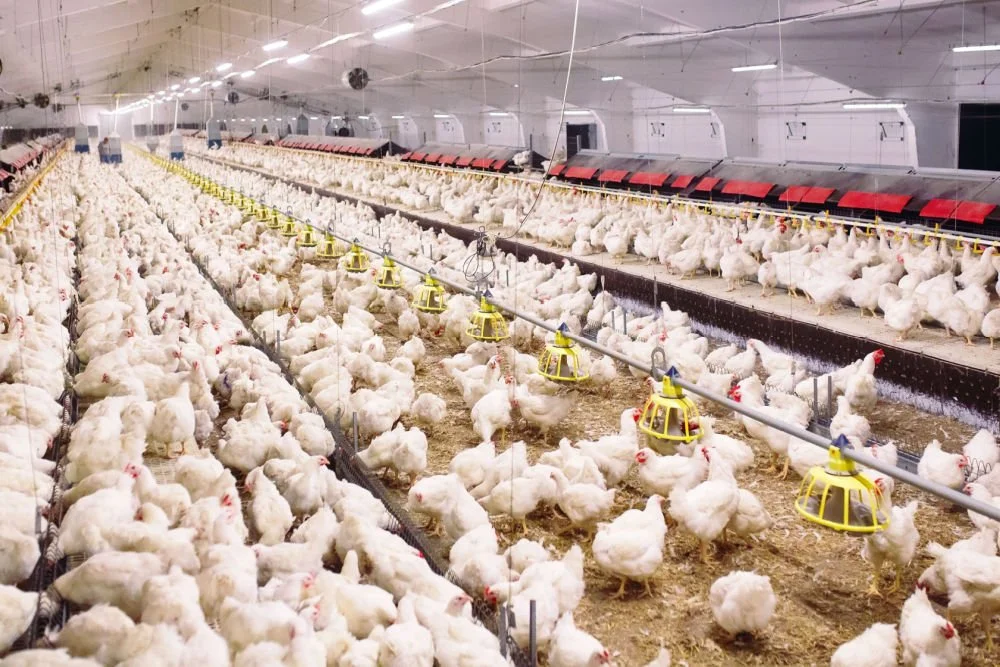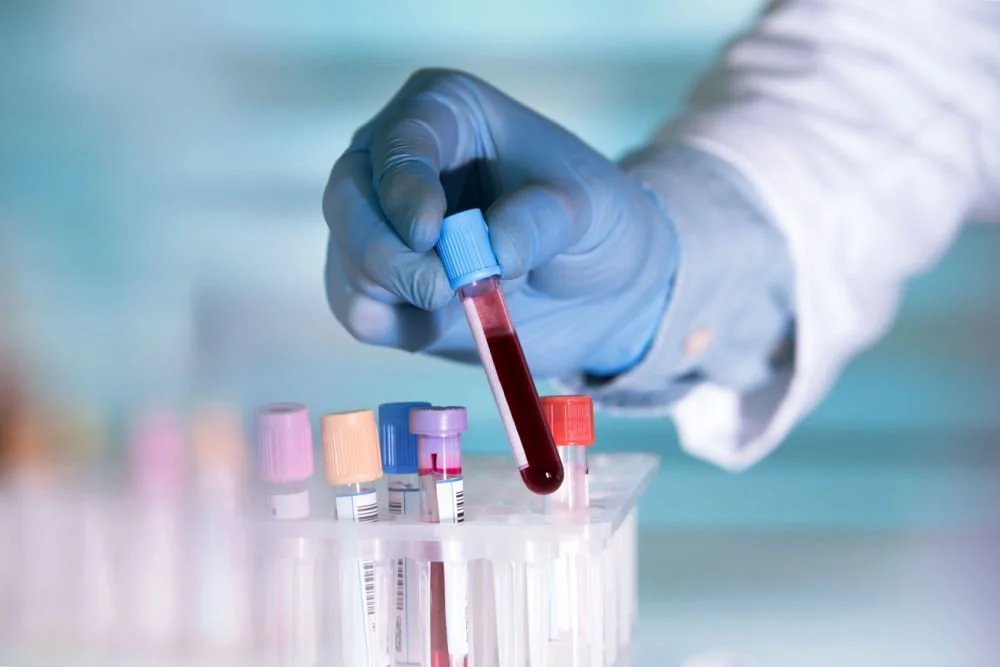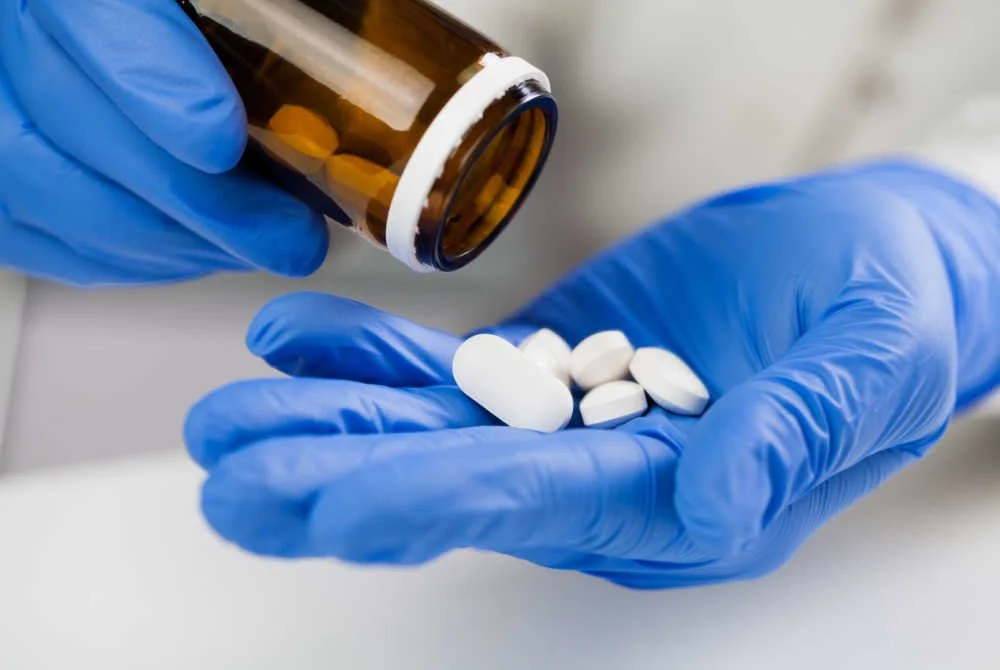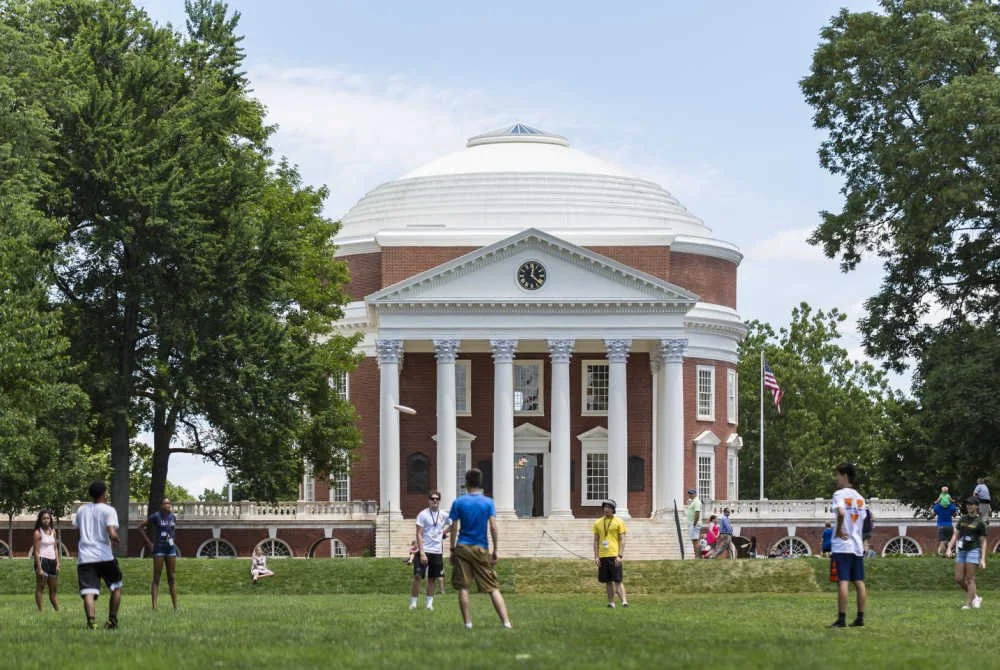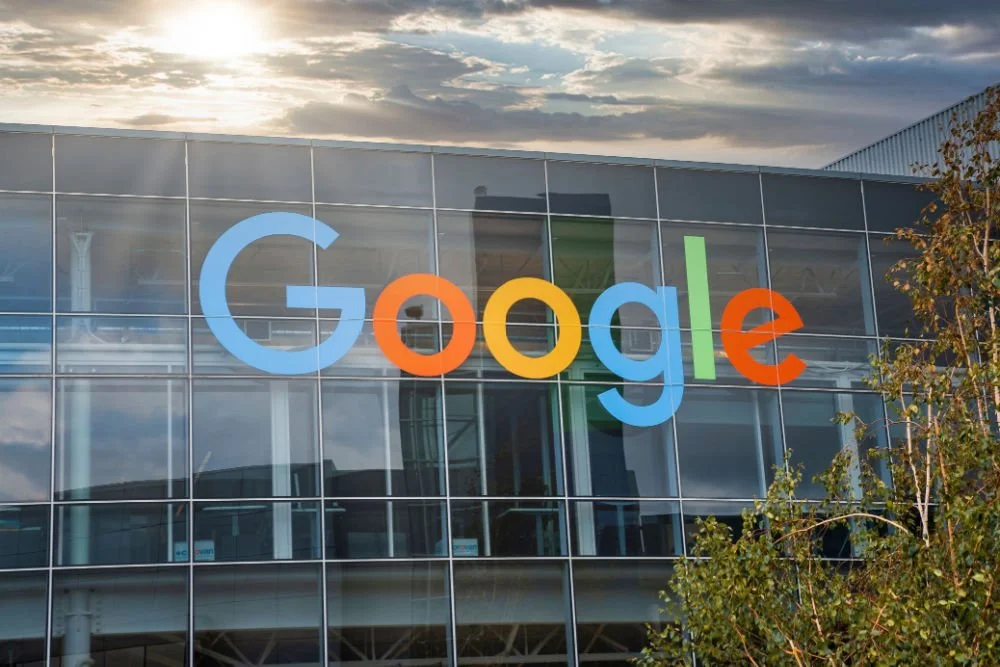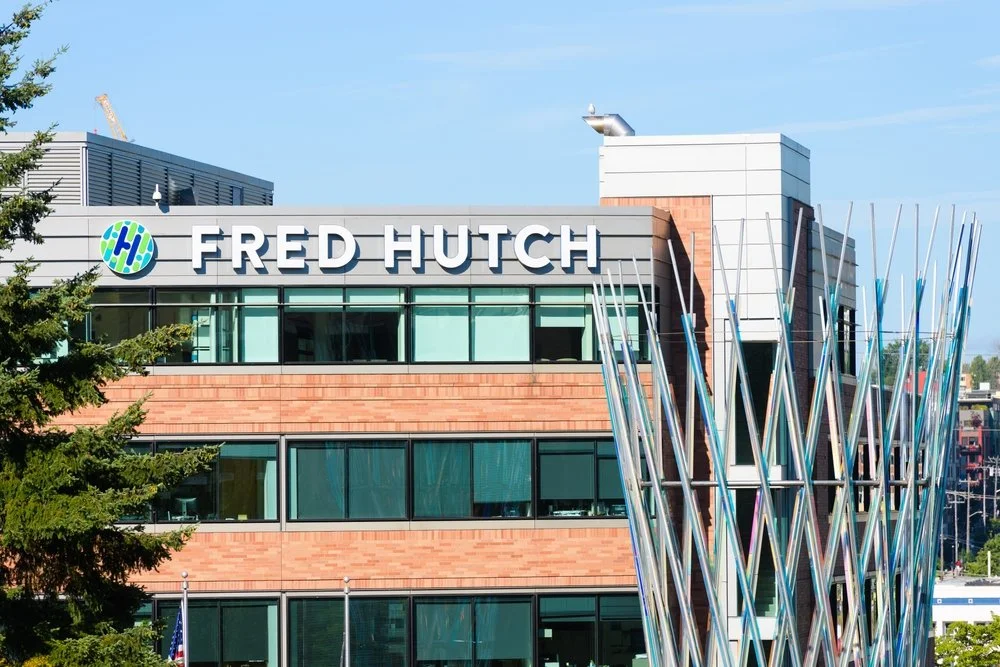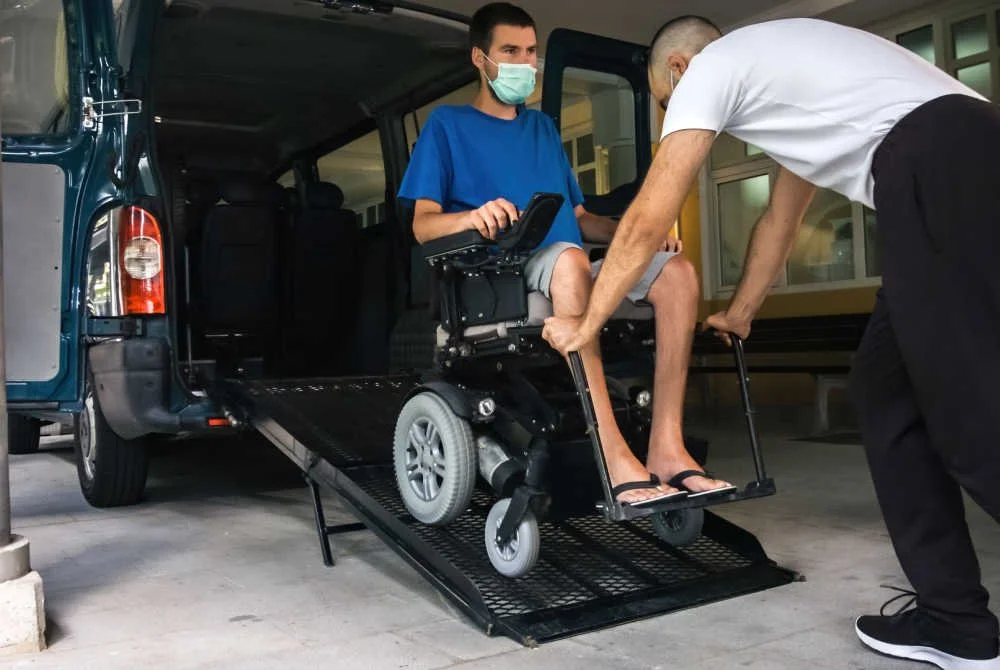"Beat Cancer Sooner." What's This British Grantmaker Up To?
/ Sue-Lynn MosesCancer Research U.K. (CR-UK) was established in 2002 with 20 founding members, who would later appoint 60 more members. Since then, the organization has grown into a coalition of nearly 100 members who share in the collective mission to “beat cancer sooner.”
Today, CR-UK's strategy is to tackle all forms of cancer by focusing on prevention, early diagnosis, the development of new treatments, optimizing current treatments and improving personalized treatments in an effort to increase efficacy. It supports research on all types of cancer, focusing on the biology of the disease, increasing its research in early diagnosis and hard to treat cancers, and developing new tests, surgical procedures, radiotherapy techniques and cancer drugs.
This is a fairly new strategy for CR-UK, and to ensure its success, the group is investing an additional £50 million a year into new grantmaking programs to “encourage collaboration and innovation, and support research tackling some of the biggest scientific challenges in cancer research.” That additional funding commitment is beyond its £100 million Grand Challenges competition.
Launched 2015, CR-UKs Grand Challenges made an initial commitment of up to $100 million to help scientists overcome some of biggest hurdles in cancer research. CR-UK hoped that the challenge would hasten the pace of cancer research.
The original plan was to back one new research team every year for five years, during which time each team would receive up to £20 million. Perhaps CR-UK wasn’t expecting the number of exceptional proposals it received, but that’s exactly what happened. Receiving “several proposals the panel felt to be too important not to fund,” CR-UK entered into a partnership with the Dutch Cancer Society, and along with backing from an anonymous overseas donor, CR-UK's inaugural Grand Challenges awards now offer funding up to £71 million or around $87 million.
Four winning teams are sharing the $87 million take. The work supported by CR-UK includes teams that are creating virtual reality maps for tumors, identifying preventable causes of cancer, preventing unnecessary breast cancer treatment, and studying tumor metabolism. The teams consist of scientists from notable institutions such as Harvard Medical School, Wellcome Trust, Massachusetts Institute of Technology, Imperial College of London and principal scientists and investigators from AstraZeneca.
The next open call will be announced in June 2017 with a revised set of challenges.
CR-UK could be considered a bit adventurous in its funding, often backing unique projects that “bring novel approaches to the big questions in cancer.” It doesn’t shy away from taking a few risks in its funding, which—as we often note—is a key advantage of private philanthropy, in contrast to government research agencies, which tend to be more conservative in their grantmaking.
In 2013, for example, CR-UK brought a tech team together in the hopes of creating a cell phone game that could possibly accelerate cures for cancer. Sounds crazy, but techies from Amazon Web Services, Facebook and Google were into it.
Related: Imagine a Mobile Phone Game That Could Help Cure Cancer
The game, tentatively named GeneRun, aimed to tackle the mountains of studies related to the discovery of “genetic faults driving cancer to find new ways to diagnose and treat patients in a more targeted way based on their genetic fingerprint.” The idea was that people would play a fun game while simultaneously combing through loads of scientific data. As promising as this project sounded, we haven't heard anything about it since 2013. While this is unfortunate, it does demonstrate CR-UK's willingness to take funding risks on innovative projects and ideas as long as they align with its overarching mission of accelerating the discovery of cancer cures.


